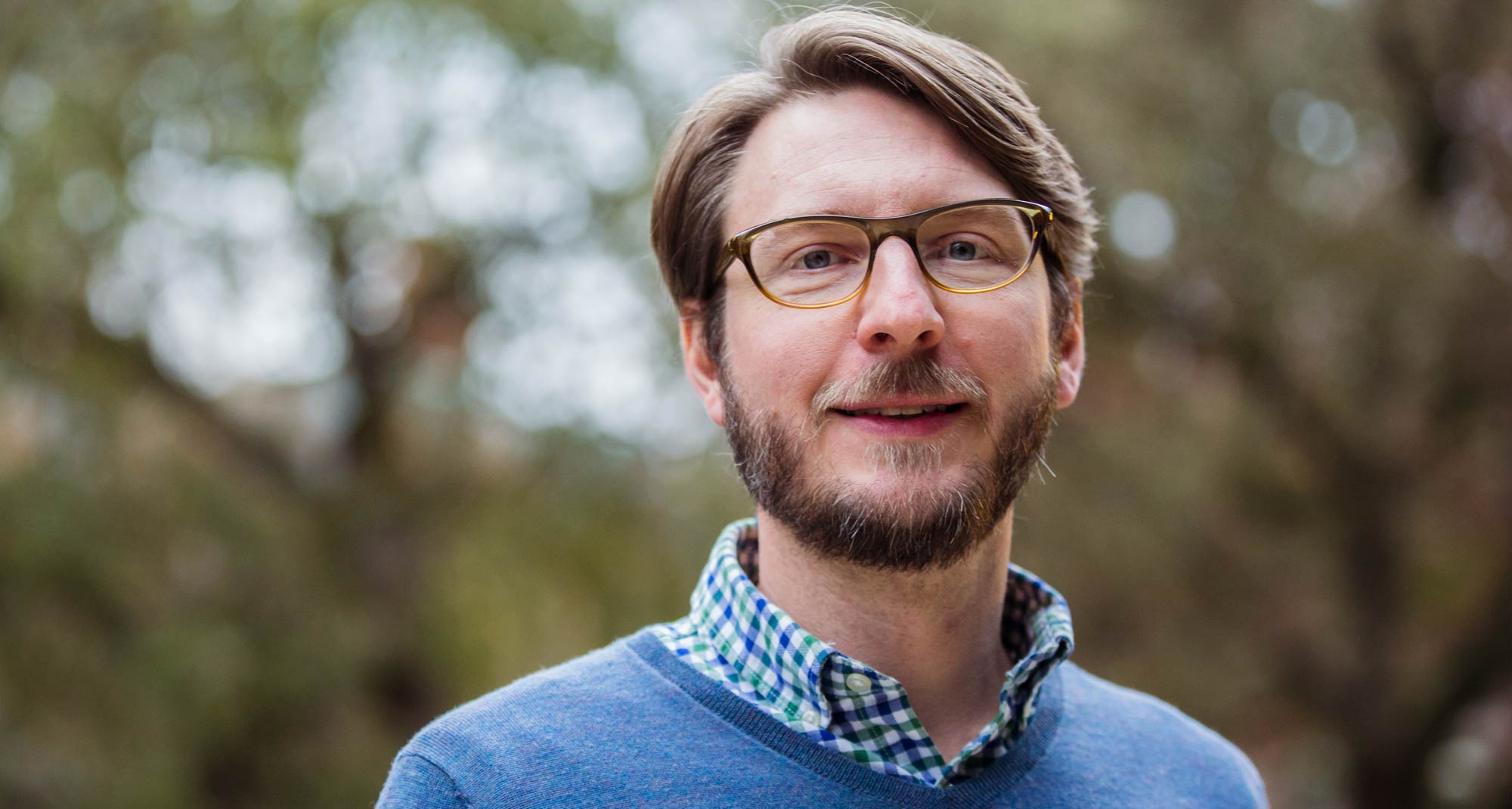Can a university help address the opioid epidemic?

Can a university help address the opioid epidemic?
The opioid epidemic is complex and multifaceted, so the solutions are unlikely to be simple. Universities have the great advantage of the presence of faculty with diverse skill sets working in close proximity. If a university can create an environment that promotes interaction, cross-pollination of ideas, and interdisciplinary collaboration, it can become an ideal breeding ground for creative solutions to important societal issues.
In recent years, Lehigh has consistently made these kinds of investments–from building a strong core of interdisciplinary programs, to supporting cluster hiring of faculty around interdisciplinary themes, to grants promoting interdisciplinary research. Lehigh’s Community Health Research Group owes its existence to these kinds of programs, which have allowed us to build a core group of faculty with a broad set of skills and rooted in the principles of Community-Based Participatory Research (CBPR). CBPR involves being aware that an academic understanding of a complex issue like opioid addiction is always limited, and that partnering with the healthcare providers and patients who confront the issue every day can help to surpass that limit.
We are partnering with Neighborhood Health Centers of the Lehigh Valley—a federally qualified health center that provides health services to low-income residents—to assess an innovative opioid treatment program that they are implementing. We will be interviewing both patients and members of the care team at multiple time points to discover what is working well and what is not.
Much of our focus is on aspects of the program that might seem more peripheral at first—things like patient trust and satisfaction with their care, and providers’ satisfaction with implementing the program. However, we see these elements as essential, as even the best program will fail to be effective if patients don’t show up for appointments or don’t follow the treatment protocol, or if providers aren’t able or willing to implement it with fidelity.
Posted on:






